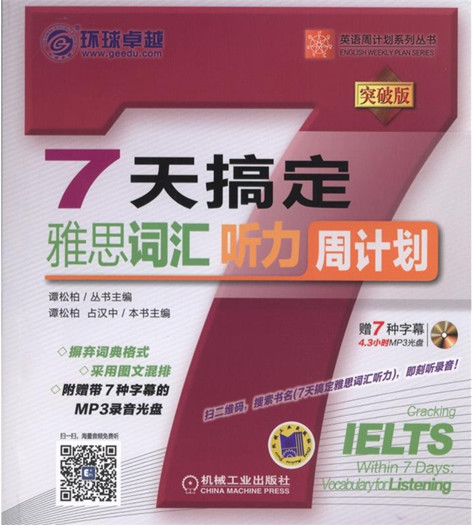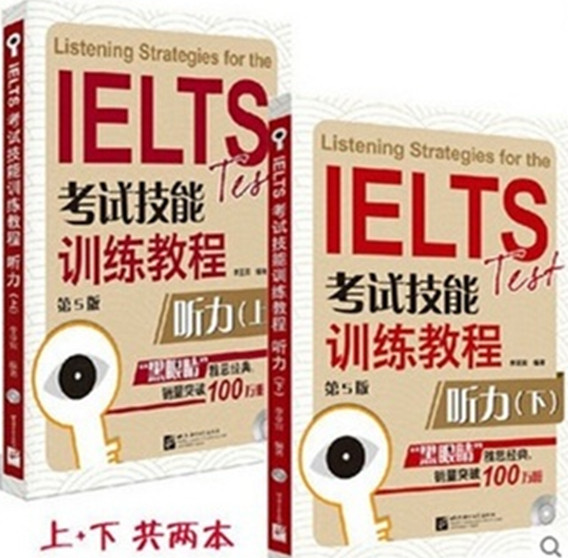Keys and explanations to the Questions 1-13
1. TRUE
See the second sentence in Paragraph A “… the future of digital music, which Apple dominates with its iPod music-player and iTunes music-store.”
2. FALSE
See the third sentence in Paragraph A “…At issue is “digital rights management” (DRM)—the technology guarding downloaded music against theft.”
3. TRUE
See the fourth sentence in Paragraph A “Since there is no common standard for DRM, it also has the side-effect that songs purchased for one type of music-player may not work on another.”
4. TRUE
See the second sentence in Paragraph B “It has come under fire from European regulators who claim that its refusal to license FairPlay to other firms has “locked in” customers.”
5. NOT GIVEN
The third sentence in Paragaph B only mentions music from the iTunes store, nothing about that of Sony or Microsoft. “Since music from the iTunes store cannot be played on non-iPod music-players (at least not without a lot of fiddling).”
6. FALSE
See the last sentence in Paragraph E “So Apple’s dominance evidently depends far more on branding and ease of use than DRM-related “lock in”.
7. NOT GIVEN
See the fourth sentence in Paragraph F only mentions music generally, no particular information about business prospect of Sony “Indeed, scrapping DRM would probably increase online-music sales by reducing confusion and incompatibility.”
8. B
See the fourth sentence of Paragraph C “All DRM does is restrict consumer choice and provide a barrier to entry, says Mr Jobs; without it there would be far more stores and players, and far more innovation.”
9. C
See the third sentence of Paragraph E and the context “Mr Jobs is evidently unfazed by rivals to the iPod. Since only 3% of the music in a typical iTunes library is protected, most of it can already be used on other players today.”
10. A
See the last four sentences of Paragraph F “Wouldn’t it lead to a surge in piracy? No, because most music is still sold unprotected on CDs, people wishing to steal music already can do so. Indeed, scrapping DRM would probably increase online-music sales by reducing confusion and incompatibility. With the leading online store, Apple would benefit most.”
11. the iTunes store
See the second sentence of Paragraph C “They would make their music available to the iTunes store only if Apple agreed to protect it using DRM.”
12. withdraw their catalogues
See the third sentence of Paragraph C “They can still withdraw their catalogues if the DRM system is compromised.”
13. produce security fixes
See the fourth sentence of Paragraph C “Apple cannot license FairPlay to others, says Mr Jobs, because it would depend on them to produce security fixes promptly.”
14. redirect their energies
See the second sentence of Paragraph D “Rather than complaining to Apple about its use of DRM, he suggests, “those unhappy with the current situation should redirect their energies towards persuading the music companies to sell their music DRM-free.”
- 05-22·2018雅思阅读模拟题精选及答案汇总
- 02-20·2018雅思阅读模拟题精选及答案(十五)
- 02-20·2018雅思阅读模拟题精选及答案(十四)
- 02-20·2018雅思阅读模拟题精选及答案(十三)
- 02-20·2018雅思阅读模拟题精选及答案(十二)
- 12018-05-222018雅思阅读模拟题精选及答案汇总
- 22018-02-202018雅思阅读模拟题精选及答案(十五)
- 32017-11-072017年雅思阅读模拟题:极光
- 42017-07-122017年雅思阅读模拟题及答案解析汇总
- 52017-07-112017年雅思阅读模拟题及答案解析(七)
编辑推荐
- 模拟试题
- 历年真题





